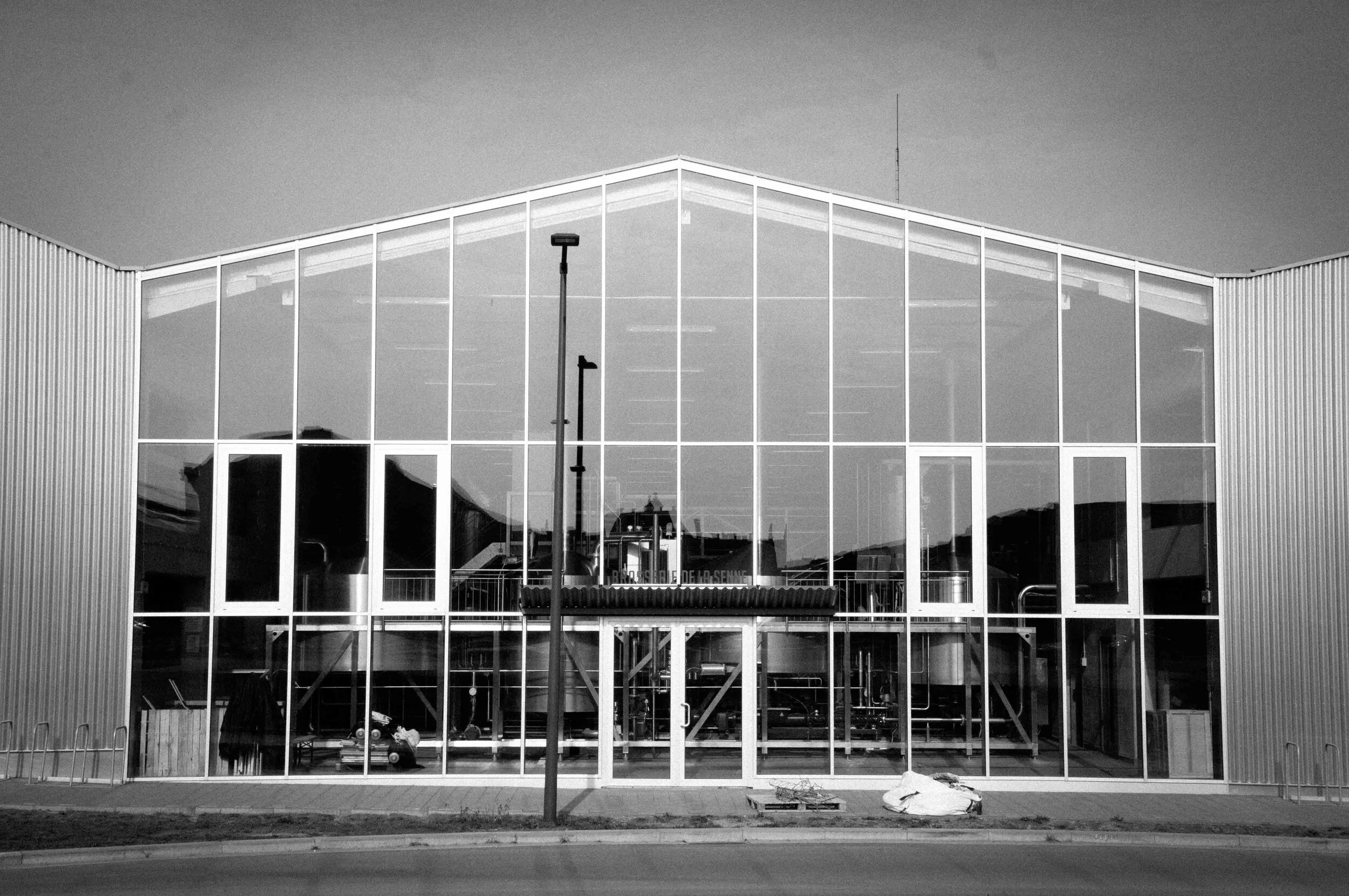A History of Brussels Beer in 50 Objects // #24 Le Mariage de Mlle Beulemans
Find out more about Brussels Beer City’s new weekly series, “A History Of Brussels Beer In 50 Objects” here.
Object #24 - Le Mariage de Mlle Beulemans
20th century
City Life
On March 18, 1910, theatregoers filed into the Théâtre de l’Olympia’s auditorium for the premiere of a new play. The proscenium curtain lifted to reveal a man and woman, both young, sitting in an office. A sign hanging behind them said Beulemans, seul dépositaire du stout Glascow [sic] (“Beulemans, sole proprietor of Glasgow Stout”).
The woman is Suzanne, the proprietor’s daughter. She is discussing an order for Beulemans’ Petit Bavière with Albert Delpierre, a Frenchman in Brussels to learn the beer trade but struggling to adapt, unable to curl his Parisian tongue around Brussels’ dialect. Albert is also madly in love with Suzanne. Who is, unfortunately, engaged to Seraphin Meulemeester, a member of Brussels’ society of brewers. Suzanne’s father, Ferdinand Beulemans, covets the society’s honorary president position.
Beulemans père enters the scene, to complain about Albert botching a delivery of 100 bottles of stout, exclaiming, “I’m the only supplier of ‘Stout Glascow’....You can’t mess that up!” And so begins Le Mariage de Mlle Beulemans (“The Marriage of Ms. Beulemans”).
“[A] great farce, [featuring] frequent vulgarity” said an early reviewer of Beulemans. The work of Fernand Wicheler and Frantz Fonson - respectively a journalist and the then-director of the Théâtre des Galeries - it was a gentle satire on fin de siècle Brussels. Fonson’s father ran a military supply factory, and he grew up surrounded by characters from Brussels’ commercial class. Beulemans could have been a textiles, paper, or ironmongery magnate, but that he was a brewer (or beer merchant, it’s unclear) reflects the industry’s establishment credentials.
There were roughly 100 breweries in Brussels in 1910 - small neighbourhood breweries, industrial behemoths, traditional Lambic producers, and Pilsner factories. Brewers hadn’t regained their pre-Revolutionary political influence, but were by the 1900s a ubiquitous thread in the city’s social fabric. Beulemans wears its brewing knowledge lightly; aside from mislaid beer shipments, Beulemans is most beer-centric in the third act, when the society of brewers host their annual meeting in a estaminet backroom and Albert defends Beulemans as a “man of the people” who has fought against foreign imports and in defence of Belgian beer standards.
And by the play’s end, Beulemans, with Albert’s help, has secured his honorary title, Suzanne has left her fiance for Albert, and the Beulemans family are serenaded at the estaminet by the city’s brewers cheering the name “Beulemans!” on the street outside.
Beulemans was an immediate success. It ran uninterrupted until May, ending 1910 with over 300 performances across Brussels and Paris. Local audiences in particular took corpulent, vain Beulemans to their hearts because, a contemporary review said, he remained an earthy Bruxellois even as he became a successful brewer, and Brussels’ theatregoers appreciated the “faithful mirror” it held up to the language and mannerisms of the city’s residents.
But its popularity transcended Brussels, with productions in Italy, Algeria, and in Buenos Aires - often with tweaks to the format for local consumption. English playwrights, for example, recast Beulemans as Enos Lllewelyn, a Carmarthen-based wineseller with a monopoly concession on Champagne.













